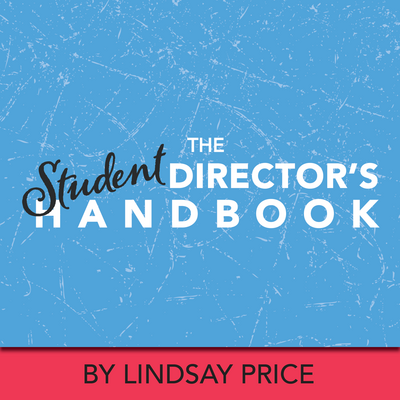The Drama Classroom: A seat for everyone at the table
Drama Teacher Podcast.Scott Giessler is a teacher and a playwright. He went into theatre teaching without any training. Not only is he still doing it, but he has a strong philosophy for how to do it. He’s well aware that what you need as a teacher isn’t necessarily what your students need.
Scott is adamant that there is a seat for everyone at the table in the drama classroom. Learn from his experience by incorporating these tips into your own program, from the Drama Teacher Podcast.
1. It’s not about YOU, it’s about THEM.
What you get excited about is not necessarily what’s going to light their fire .
Get to know the needs of each particular group of students. What do they bring in the door with them? Realize that every year, every semester, as the group changes, so will their needs. You’ve got to constantly learn and adapt.
2. Build trust.
In a math classroom, trust is going to be built with “I’m going to show you how to do this and, when it works, you trust me.” With a theatre class, you’re asking them to dig down into themselves and take some social risks.
Building a relationship with them is key. If you don’t have a relationship with them, you won’t have the type of trust you need for them to take those social risks.
3. Find a place for everyone – well beyond the actors who already love theatre class.
You have the guy who is in the construction trades class who, for some reason, gets dragged in because his girlfriend is in the program. We send him over to the scene shop and we can’t live without him. We’ve got the kid who doesn’t want anything to do with the stage but just loves the costume room . We have the kid who is really great with Photoshop and wants to do all the posters for us . We have kids who just want to be a part of the magic and end up being our house crew or backstage crew.
Find the place that each student is comfortable, and you’ll be on your way to building a great program.
4. Help them realize that they are ALL an important part of the team.
In basketball, if the third-stringer player doesn’t show up, well, it’s not really a problem because we’ve got two other strings to send in. Whereas, in theatre, anyone that doesn’t show up, it throws a monkey-wrench into the whole works.
Embrace the concept that there is no unimportant cog in the machine. We need every last piece to make it move. Instead of “the show must go on,” the proper phrase really is “the show will go on as long as the people running it are a concerted group of people who care a great deal about the outcome.”
5. Include everyone. Don’t cut anyone out.
For the same reason that a math teacher doesn’t throw a kid out of math class because he can’t get the hang of math, don’t cut a kid from a high school theatre program because he’s not very good at theatre.
The moment they make a commitment to be there, they’re there and we’re going to invest time in them. More importantly, though, they’re investing time in others.
Click here to listen to the full podcast or read the transcript. Scott’s got lots more to share, including details of his play Finishing Sentences.
Related Articles
The Student Director's Handbook
by Lindsay Price
Help students take their show from first audition to opening night with The Student Director’s Handbook. This easy-to-use ebook is full of guidelines, tips and templates designed to help students create a vision, circumvent problems and organize rehearsals on their way to a successful production.
The Rehearsal Companion
by Kerry Hishon
You’ve chosen the play, paid the royalties, done the script analysis, held your auditions, and cast the show. Tomorrow is the first rehearsal. Are you ready? Really ready? The Rehearsal Companion can help!





